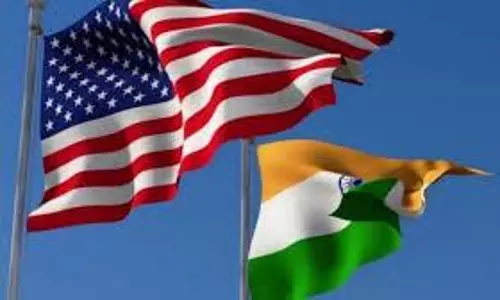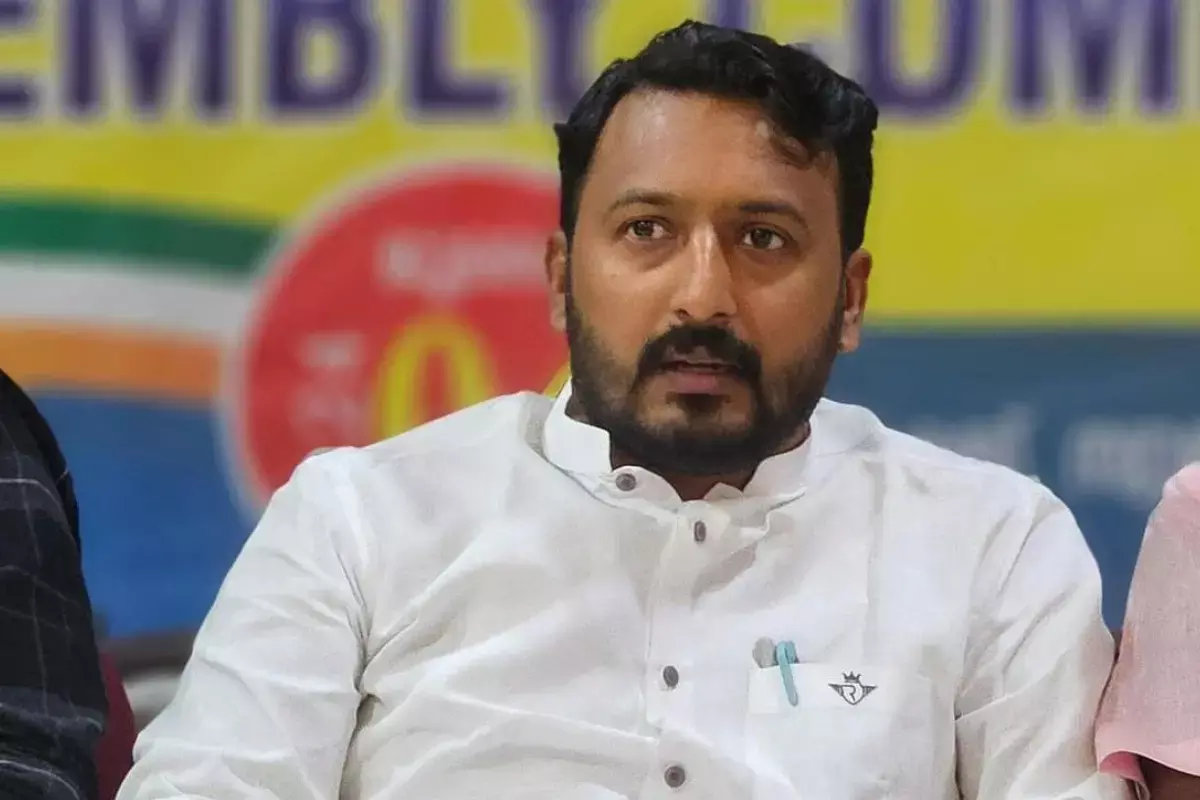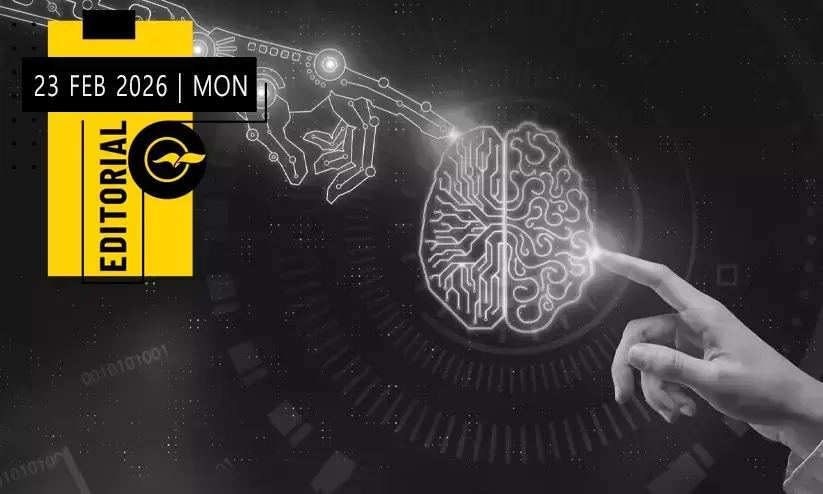
The crucial judgement on Aadhaar
text_fieldsIt was under an agency known as Unique Identification Authority of India ( UIDAI) established during the tenure of erstwhile UPA government, that provides for every citizen of the country to have a unique identity card called Aadhaar.
It is prepared by including even biometric details of individuals. However, what is strange is that there was no legislative backing for forming such an authority or imposing the identity card. No legislation related to this has been made in either house of the Parliament. The project that costs billions and affects the entire population of the country was implemented merely on the basis of an executive order issued on 28 January 2009. The project passed through different kinds of controversies since its inception. Former Karnataka High Court Judge, Justice K S Puttaswamy had filed a public interest litigation in the Supreme Court in November 2012 challenging Aadhaar which was illegal. . The petitioner had pointed out that it was a violation of right to privacy of citizens that is happening through the collection of biometric data.
The Supreme Court had delivered an interim order on September 23, 2013 stating nobody should be denied any benefits in the name of not having an Aadhaar. A petition regarding this matter filed by Thomas Mathew, a former soldier, was also being heard by the Supreme Court. The apex court verdict on August 11, 2015 that Aadhaar should not be made compulsory for accessing the benefits of government services, was issued in this particular case. Even after the SC verdict, the government continued the practice of demanding Aaadhaar number for different kinds of schemes. Although Aadhaar is not made mandatory technically, in practice the central government created a situation where things would not happen without an Aadhaar card. Naturally, criticisms and legal measures escalated. The Constitutional bench of the Supreme Court delivered the historic verdict on September 26 putting an end to such legal actions. This landmark verdict curbs the high-handed actions of the government using Aadhaar. The verdict also underlines the criticisms put forth by human rights and civil society organisations against Aadhaar.
The court has ordered that Aadhaar shall not be made compulsory for school admission, mobile number, banking services including opening a bank account, and examinations of UGC, NEET and CBSE. The judgement also makes it clear that Aadhaar data should not be shared with private entities. In this connection, the bench has also declared null and void the provision added as Clause 57 by the Modi government with the provision for transferring Aadhaar data to private agencies. Through this, the clandestine plan of transferring the personal data of the citizens to private monopolies without their consent has been thwarted. All the same, the government has also room for comfort in that the apex court has approved making Aadhaar compulsory for PAN card, Income Tax return, government subsidies and welfare schemes.
There were several questions impinging on the citizen's right to privacy in the Aadhaar case. At one point during the hearing, the government even raised an argument that right to privacy is not a fundamental right. The Supreme court verdict rejects all such contentions and upholds the right to privacy. And the points raised by Justice YV Chandrachud who wrote a dissenting judgment, are in fact more grave. He strongly criticized the government's action of getting the bill enacted as money bill without introducing it in the Rajya Sabha. His judgment comes down heavily on the approach of getting things done through the back door.
It is a good idea to unify the government documents for the day-to-day requirements of the citizen. The state of affairs in the country is such that one has to move repeatedly from village office to taluk offices for even very simple documents. It is the student community who are subjected to this forced circumambulation; and a good part of their lives is forced to be spent standing in queues. There is indeed the need for one single document that can offer a solution to this ordeal. In most developed countries, there are citizen cards that meet such needs. But in our country, Aadhaar is coming to the picture not for bringing ease in people's lives, but as an instrument aimed at reducing the subsidies that they receive. Later, the government moved far ahead by making this compulsory at its whim for anything in their fancy. On many an occasion, the government even adopted extra-constitutional means for it. The historic verdict of the Supreme Court is one that corrects this approach of the government.






















